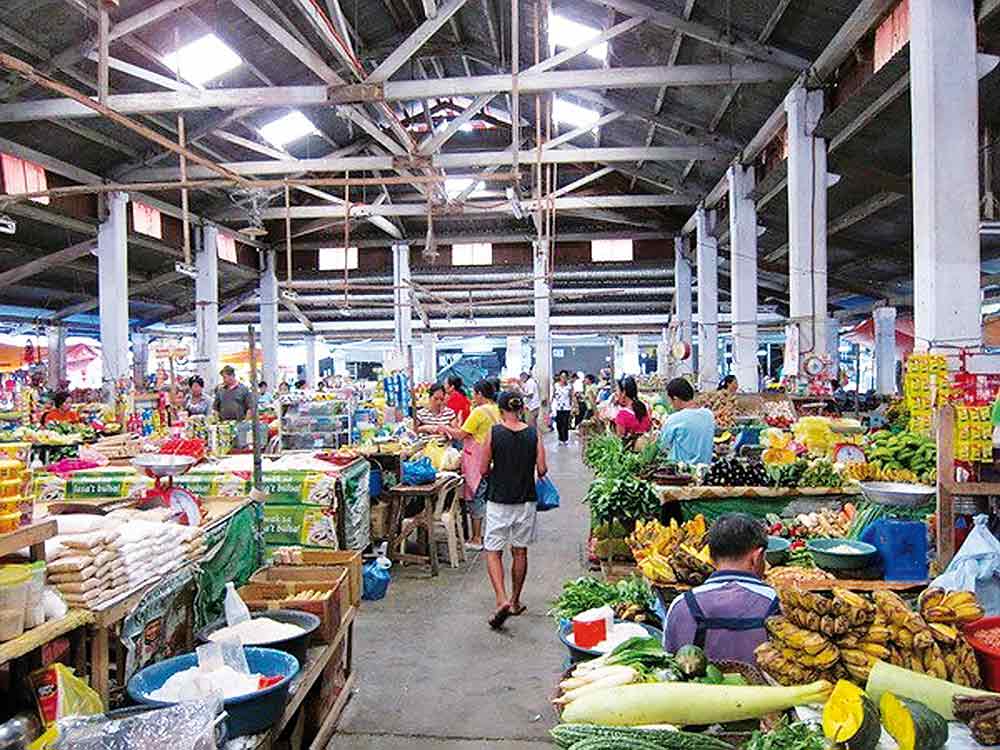First Metro Investment Corp. (FMIC), the investment banking arm of the Metrobank Group, said the economy can grow 5 to 6 percent this year, a recovery from the 9.6 percent contraction experienced last year.
Jose Patricio Dumlao, FMIC president, said the rebound in the economy is supported by “the faster global economic recovery, accelerated vaccine mobilization, sustained supportive fiscal and monetary policies, and the government’s commitment to push infrastructure projects.”
FMIC’s projection is slightly lower than the 6 to 7-percent target set by government.
The economy also benefits from the Philippines’ investment grade credit ratings, a continuing “strong and healthy banking system, ample foreign reserves and adequate fiscal stamina,” Dumlao said.
“And now, we are seeing our economy switching from resilience to growth,” he added.
Victor Abola, economist at University of Asia and the Pacific (UA&P), said on a per sector basis, the economic recovery will be driven primarily by industry, particularly private and public construction with the latter being positioned by the government as a booster to economic growth.
The country also continues to benefit from the resilient overseas Filipino workers’ remittances, which as of April were up 13 percent, said Abola.
This in turn will keep the peso-dollar exchange rate at the 49 to 50 range by the end of the year as remittance inflows becom strong in the last quarter of the year, Abola said.
The gross international reserve is expected to hit between $110 billion to $113 billion by the end of the year, he added.
Inflation is projected to average 4.2 percent for the year.
Daniel Camacho, FMIC investment banking head, said investors have been taking in more risks for better returns as far as the debt market goes.
Longer tenors have been opening up as yield curve steepen in response to inflationary pressure despite a steady policy rate of the central bank and the P2.12 -trillion excess liquidity in the financial market — “two and a half times larger” than the P900 billion recorded at the beginning of 2022, said Camacho..
Camacho said new borrowings as of the first half of the year stood at P570 billion.
Cristina Ulang, FMIC head of research, said the equities market has the potential to close the year at 7,400 to 7,800 as it rides on the momentum of the recovery and the spending for the upcoming 2022 national election.
“Historically, it means GDP growth has been very strong during election year 6.7 percent of the average versus non-election years of 5.2 percent,” said Ulang.
Ulang said the growth in GDP during such period is accompanied by “a very strong earnings per share (EPS) growth” which in the last two elections – 2016 and 2019 – was recorded at 10 percent and 14.43 percent respectively.
Ulang said that for 2022, the EPS growth is projected to hit 28.86 percent.
This year, EPS is projected to grow 25 percent, enough to give the PSEi an price-to-earnings ratio of 17x if it indeed closes at 7,800.
“So it’s a big incentive for seizing opportunities every time the market dips,” she said.




